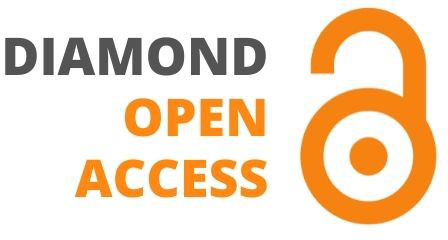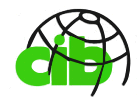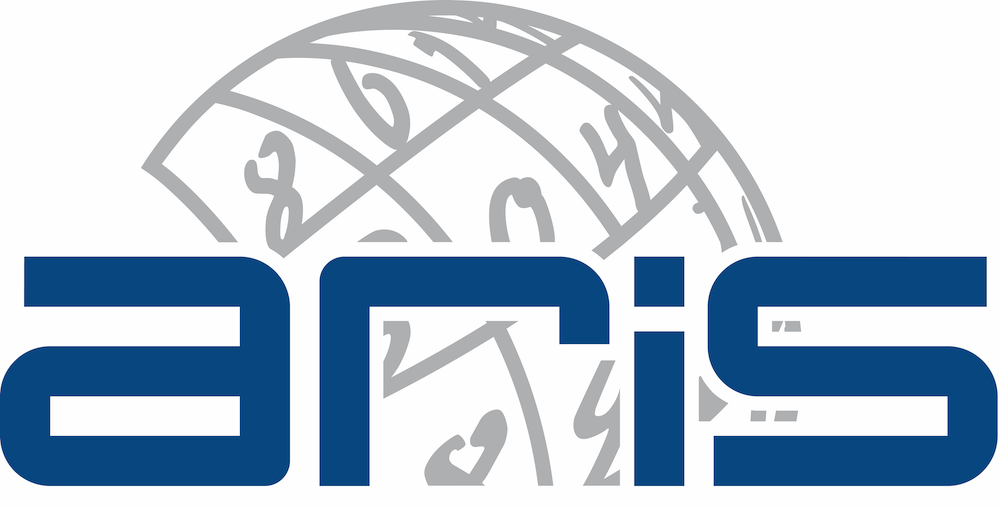Journal of Information Technology in Construction
ITcon Vol. 29, pg. 549-572, http://www.itcon.org/2024/25
Exploring the Enterprise BIM concept in practice: The case of Asset Management in a Norwegian hospital
| DOI: | 10.36680/j.itcon.2024.025 | |
| submitted: | July 2024 | |
| revised: | July 2024 | |
| published: | August 2024 | |
| editor(s): | Obonyo E | |
| authors: | Bjoern Godager, Associate Professor
Department of Manufacturing and Civil Engineering, Norwegian University of Science and Technology, bjoern.godager@ntnu.no Knud Mohn, Research Fellow Department of Civil and Environmental Engineering, Norwegian University of Science and Technology, knud.mohn@ntnu.no Christoph Merschbrock, Professor Department of Manufacturing and Civil Engineering, Norwegian University of Science and Technology, christoph.merschbrock@ntnu.no Lizhen Huang, Professor Department of Manufacturing and Civil Engineering, Norwegian University of Science and Technology, lizhen.huang@ntnu.no | |
| summary: | Organizations face challenges in utilizing Building Information Modeling (BIM) for digital Asset Management (AM), as BIM from the design and construction phases often proves to be of limited use for AM. To address this, the concept of Enterprise BIM is introduced with the aim of organizing BIM activities throughout the lifecycle in line with the organization's operational and strategic needs. The article explores the current industry practices of implementing Enterprise BIM for effective AM support. It focuses on Vestfold Health Trust and its award-winning hospital project in Toensberg, Norway, which was notable for its use of Integrated Project Delivery (IPD) and its attempts to adopt Enterprise BIM methodologies and solutions. Through literature studies and interviews with fifteen key personnel, the article provides recommendations for significant improvement within several AM areas, such as expertise, technology utilization, standardization, solving end-users' information needs, ontological adaptation, and associated IT solutions needs. The results highlight the limitations of using the Industry Foundation Classes (IFC) schema and format for AM applications and suggest the development of flexible, searchable solutions based on ontologies and semantics to integrate sensor data into digital twins and asset information models. The study reveals a competency gap and deficiencies in information processes and IT solutions that organizations, along with the industry, must both address, emphasizing the use of international standards such as ISO 19650 to improve the integration of value chain considerations. Overall, this article provides valuable recommendations and a roadmap for the more strategic, holistic, and sustainable management of building information that aims to take into account and satisfy the end-user's information needs. | |
| keywords: | Asset Information Model, Asset Management, Building Information Modeling, Digital Twin, Enterprise Architecture, Enterprise BIM, Level of Information Need | |
| full text: | (PDF file, 1.113 MB) | |
| citation: | Godager B, Mohn K, Merschbrock C, Huang L (2024). Exploring the Enterprise BIM concept in practice: The case of Asset Management in a Norwegian hospital. Journal of Information Technology in Construction (ITcon), 29, 549-572. https://doi.org/10.36680/j.itcon.2024.025 | |
| statistics: |





